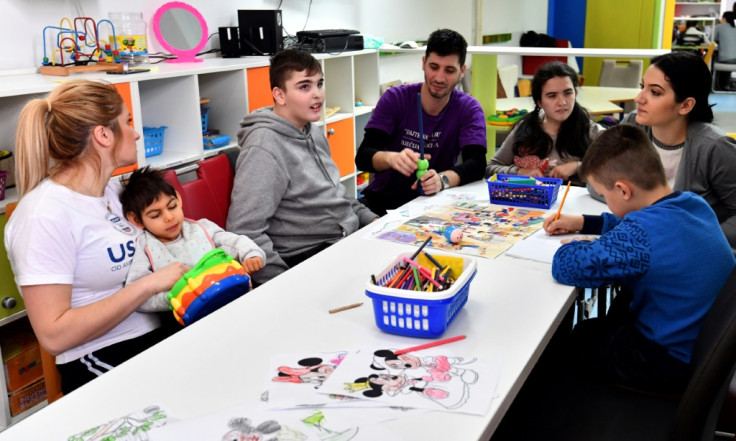RFK Autism Registry to Unlock Hidden Patterns in Autism—but at What Cost?
Kennedy has said he expects the new research to yield answers quickly.

A new autism research initiative led by US Health and Human Services Secretary Robert F. Kennedy Jr. aims to bring together one of the largest collections of private medical data ever assembled. According to reports, the project, which is backed by the National Institutes of Health (NIH), hopes to uncover 'hidden patterns' in autism by uniting previously disconnected records from across public and private healthcare systems.
The effort includes creating a national autism registry, combining medication histories, lab tests, genomic information, health insurance claims, and even data from smartwatches and fitness trackers. NIH Director Dr Jay Bhattacharya described the project as 'a transformative real-world data initiative,' built to give researchers a clearer picture of autism and its causes.
Although the project looks ambitious on the surface, critics and privacy advocates are warning about the ethical implications of such a sweeping data effort.
Big Data, Bigger Questions
Notably, for the first time, outside researchers will have access to patient data covering a wide cross-section of the U.S. population. According to Bhattacharya, these researchers—between 10 and 20 teams—will be funded through grants and selected via 'normal NIH processes.'
However, critics and advocacy groups are warning that the project's benefits may come at a cost, especially in terms of privacy, ethics, and public trust. Citizens of the US are taking to online forums to share their concerns.
A user on Reddit wrote, 'I wonder how far back he'll (RFK Jr) look and if he'll attempt to look at people's past medical records for autism diagnosis. Seriously, I was diagnosed as a toddler over 30 years ago, hence my concern here.' While another went on to compare the effort to another extreme, saying, 'This has the potential to... be of use for mass extermination and forced labour of neurodivergent individuals. If you have tags and locations of all your animals, then you don't have to search for them.'
Although the NIH has promised 'state-of-the-art protections' and said researchers will not be able to download the data, questions remain. How much control will individuals have over their own medical information? And what happens if this data is used for purposes beyond autism research?
Framing Autism: Science or Stigma?
Adding to the debate is Kennedy's repeated claim that autism is 'preventable' and even said that it's an 'epidemic' in the country. 'Autism destroys families, and more importantly, it destroys our greatest resource, which is our children,' he said at an HHS press conference.
The remark sparked a backlash among the parents of autistic kids who claimed that RFK is spreading misinformation. 'There is so much to unpack. Autism is not a disease. It is a developmental disorder, and it is important to get that right,' actress and longtime autism advocate Holly Robinson Peete said on her Instagram.
Furthermore, the registry arrives amid renewed focus on autism prevalence. This week, the Centres for Disease Control and Prevention (CDC) released new figures showing that 1 in 31 US children has been identified with autism — a sharp increase over previous years.
However, experts argue that the increase in autism diagnoses is linked more to better awareness and broader definitions. 'It's a spectrum. It's not just one thing,' said Dr Céline Gounder, a medical contributor for CBS News. 'We also are being much more aggressive about looking for it—paediatricians, educators.'
'This kind of language fuels stigma,' added Dr Kristin Sohl of the American Academy of Paediatrics. 'Autism is a spectrum. These are people with different needs, abilities, and strengths.'

It will be too soon to predict anything suspicious about accessing the medical data of millions of American citizens, since there is a lack of clear public communication about the scale of data gathering. However, the onus is upon the government to responsibly and ethically use the medical records, as many families, researchers, and advocates will be watching this process closely.
Meanwhile, Kennedy has said he expects the new research to yield answers quickly. 'We expect to begin to have answers by September,' he claimed. Bhattacharya, however, urged caution, noting, 'It's hard to guarantee when science will make an advance. It depends on, you know, nature has its say.'
© Copyright IBTimes 2025. All rights reserved.





















